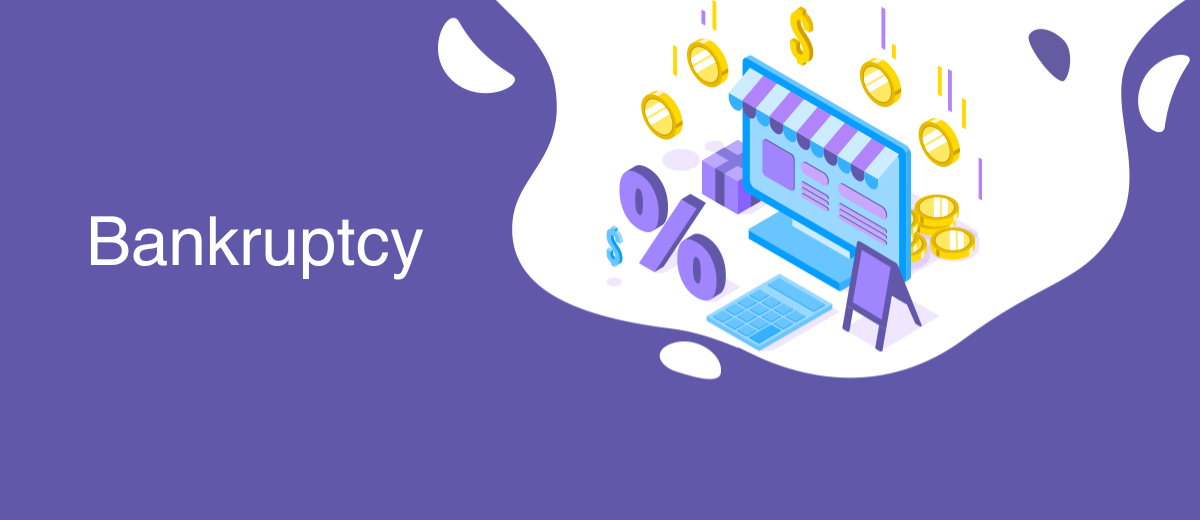Bankruptcy
Bankruptcy is the legal process by which a business that is unable to pay its outstanding debts seeks protection and relief from its creditors. This process typically involves the reorganization or liquidation of the business's assets to settle its financial obligations, with the goal of giving the company a fresh start or providing an orderly exit from the market.
There are different forms of bankruptcy that can apply to businesses, depending on the jurisdiction and the specific circumstances of the company:
- Chapter 7 bankruptcy (U.S.): Also known as liquidation bankruptcy, this involves the appointment of a trustee who sells the business's non-exempt assets and distributes the proceeds to creditors. The business effectively ceases operations, and any remaining debts are discharged.
- Chapter 11 bankruptcy (U.S.): This form of bankruptcy allows businesses to restructure their debts and operations under the supervision of a court-appointed trustee. The company can continue to operate while negotiating a reorganization plan with its creditors, aiming to return to profitability.
E-commerce businesses can face unique challenges that contribute to the risk of bankruptcy, such as rapidly changing market conditions, intense competition, technological disruptions, and the need for significant capital investment in marketing, inventory, and infrastructure. Moreover, they often operate with lower profit margins compared to traditional brick-and-mortar stores, making them more vulnerable to financial distress.


To avoid bankruptcy, businesses should focus on prudent financial management, regularly monitoring their cash flow, maintaining adequate reserves, and adapting their business models to changing market conditions. Additionally, seeking professional advice from financial experts, legal counsel, and industry consultants can help them navigate financial challenges and identify potential issues before they become critical.
In conclusion, bankruptcy is the legal process by which business seeks protection and relief from its creditors due to its inability to pay outstanding debts. The bankruptcy process can involve the reorganization or liquidation of the company's assets, with the aim of providing a fresh start or an orderly exit from the market.
Back Home eCommerce Encyclopedia
Set up integration without programmers – ApiX-Drive
Articles about marketing, automation and integrations on our Blog

